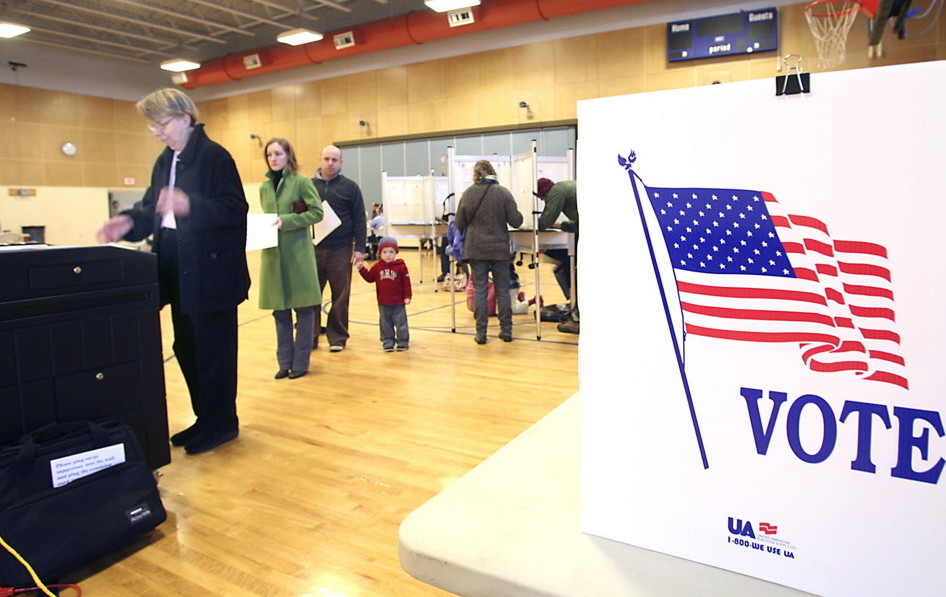Question 1 on the statewide ballot Nov. 3 will give voters the opportunity to revitalize the landmark legislation that launched public campaign financing in Maine, and they should take it.
Popular in its first decade, the Clean Election system – for which candidates qualify by collecting small contributions – was undercut by two Supreme Court rulings.
One allowed independent, unidentified organizations to make unlimited campaign contributions. The other invalidated a provision that boosted funding for publicly financed candidates when they’re outspent by privately funded rivals.
In Maine, outside spending in legislative races went from $600,000 in 2008 to $3.6 million in 2012, according to Maine Citizens for Clean Elections. And Clean Election participation fell from over 80 percent of legislative candidates in 2008 to 53 percent in 2014.
The proposal on Tuesday’s ballot would increase the penalties for violating campaign finance regulations; require groups that buy political ads to disclose their top three donors, and expand the amount of money available to publicly funded candidates.
To help boost allocations to the Clean Election system (from $2 million to $3 million a year), Question 1 would eliminate “low-performing, unaccountable” tax breaks to businesses – prompting the Maine State Chamber of Commerce and several economic development groups to declare their opposition to the ballot question.
But these corporate incentives are hardly an across-the-board success. We know, for example, that $16 million in taxpayer money meant to revive a northern Maine paper mill instead went to out-of-state financiers.
In fact, Maine has 59 business tax-incentive programs, costing a total of $300 million a year – and the state agency that administers the initiatives has yet to determine whether or not they’re helping to bolster economic growth. If Question 1 passes, the tax breaks would undergo a long-overdue evaluation, pinpointing the ones that aren’t meeting standards of performance set by the Legislature’s watchdog agency and freeing up a modest amount of money for a good cause.
While it’s true that the pro-Question 1 campaign itself has received money from Proteus, a nonprofit group with unclear spending sources, that shouldn’t be allowed to derail the Clean Election overhaul effort.
The campaign has practiced what it preaches: It’s registered with the state as a ballot question committee, so it can’t stockpile money anonymously but must report all expenditures and contributions. As well, it has supported a Maine Ethics Commission proposal that would compel nonprofits like Proteus to reveal their donors.
Approval of Question 1 will help encourage transparency in Maine politics and empower candidates who answer to the people they serve, not to special interests. To keep Maine a model for election reform, Mainers should vote “yes” Tuesday.
Copy the Story LinkSend questions/comments to the editors.



Success. Please wait for the page to reload. If the page does not reload within 5 seconds, please refresh the page.
Enter your email and password to access comments.
Hi, to comment on stories you must . This profile is in addition to your subscription and website login.
Already have a commenting profile? .
Invalid username/password.
Please check your email to confirm and complete your registration.
Only subscribers are eligible to post comments. Please subscribe or login first for digital access. Here’s why.
Use the form below to reset your password. When you've submitted your account email, we will send an email with a reset code.